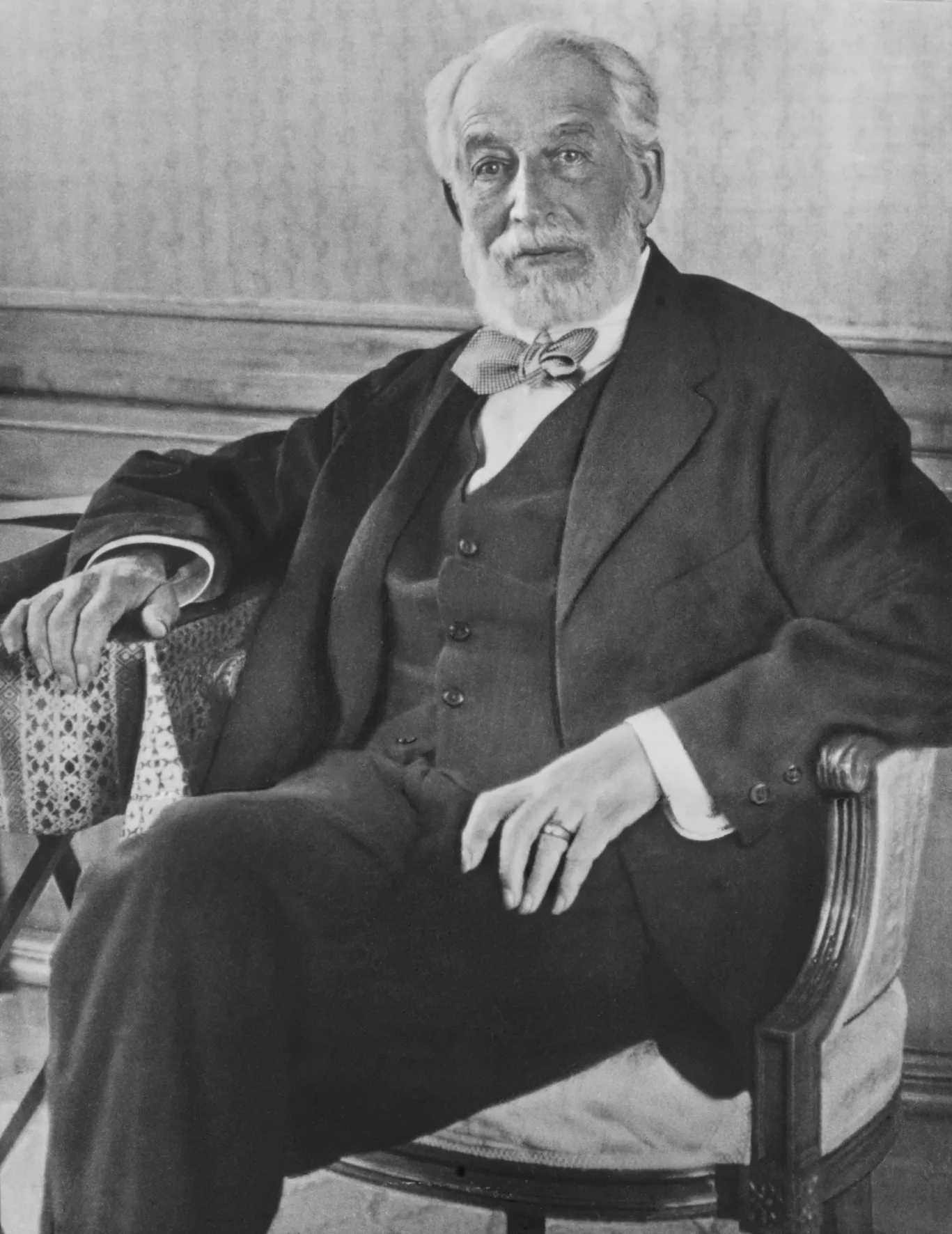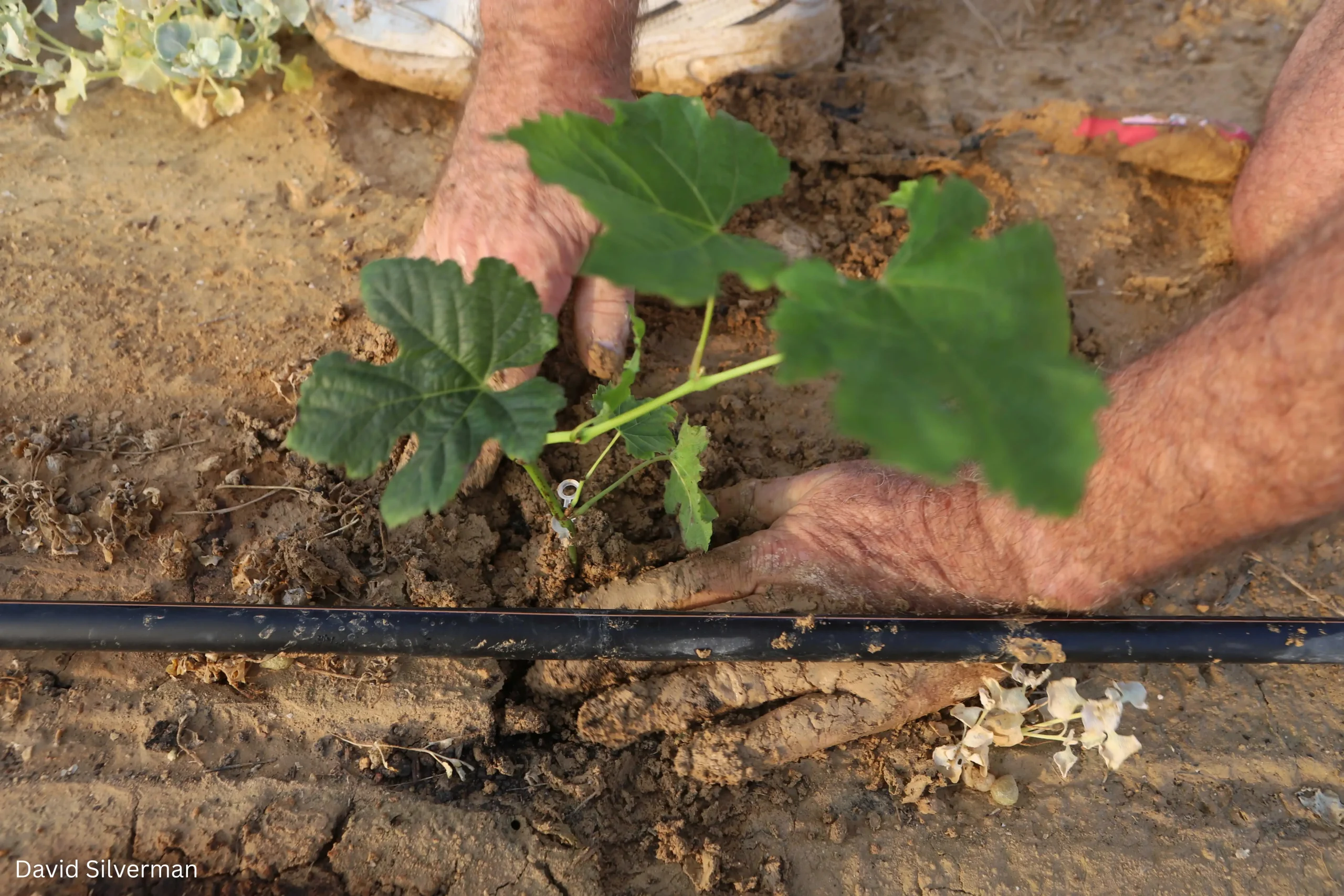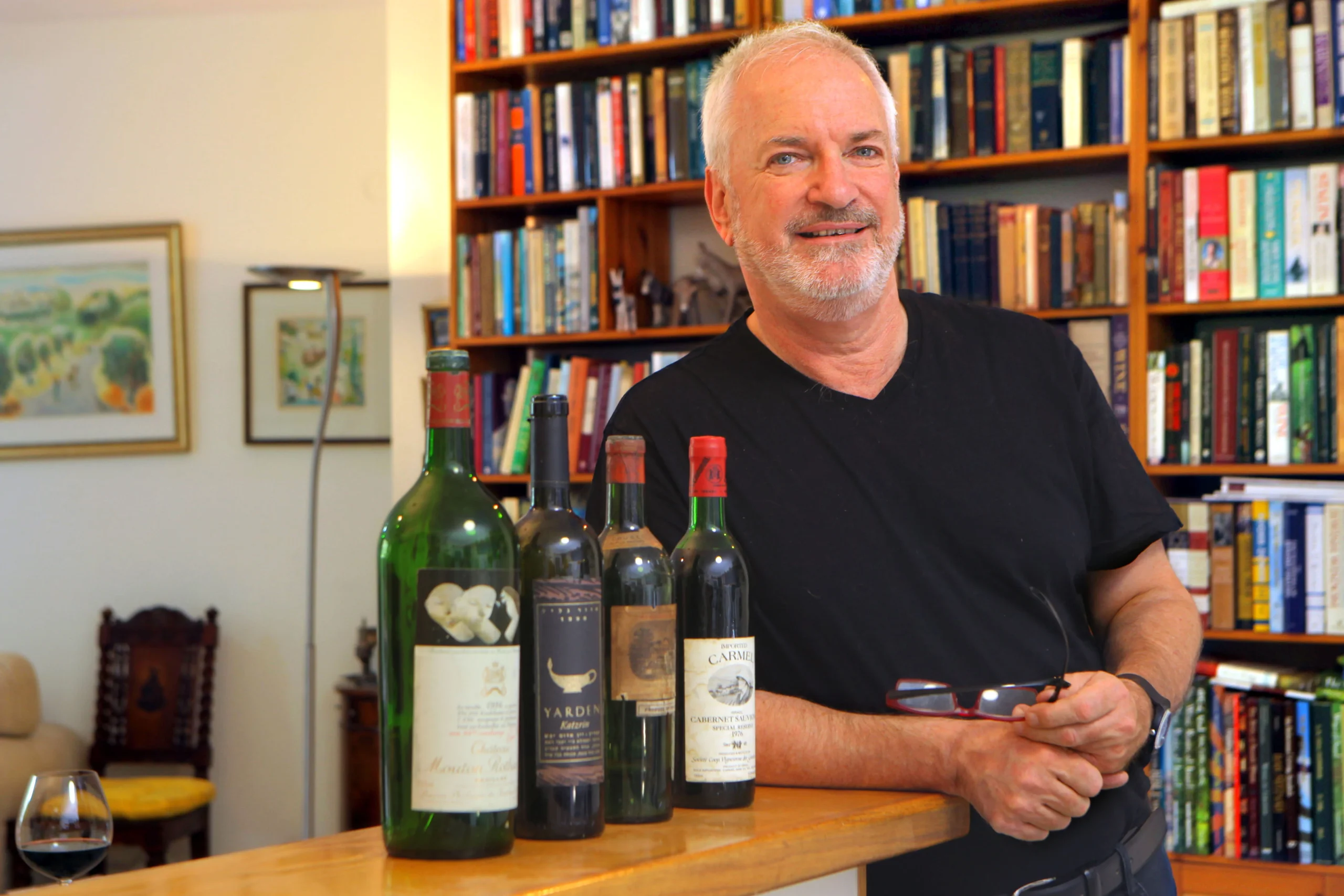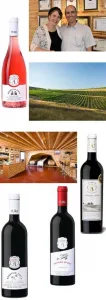This article first appeared in the Wine Talk column in the Weekend Supplement of the Jerusalem Post.
Though the Jewish people are steeped in the history of wine, spirits and liquor, the consumption has always been modest. Jews throughout history have been regarded as an abstemious people. A people that don’t drink. If you arrive at a Scottish wedding the guests will all be congregated at the bar. At a Jewish wedding, the bar is empty, because it is the food which is the attraction.
popular as the wine and many tasters arrive to taste your best and most expensive cuvée, balancing a wine glass with an overfilled plate of food. The heady bouquet of wine mingles with the wafting aromas of salt beef.
Drunkenness is not regarded well in Judaism. Noah tarnished an unblemished reputation by becoming drunk from the wine he produced. Also the story of Lot and his daughters is another Biblical story where over indulgence is an issue.
The Talmud says: When a man eats the fruit of the vine he is as gentle as a lamb; when he drinks wine he believes himself a lion; if by chance he drinks too much he grimaces like a monkey; and when he is drunk he is nothing more than a vile pig.
I suppose whereas the Ancient Greeks regarded wine and over indulgence as a divine state, and even creating a wine God called Dionysus, (Bacchus to the Romans), wine in Judaism was always measured by caution and respect.
However on Purim, you have the permission to let loose. Purim is really the only time Jews are encouraged to get drunk and it is all in the name of religion. You need to become so drunk that you can’t tell the difference between the words: ‘Blessed be Mordechai’ and ‘Cursed be Haman’.
Even in Israel where we have developed a drinks culture in the last 20 years, consumption remains pitifully low. Wine consumption is as low as 4-5 liters per head, compared to nearly 50 liters a head in some European countries. The Israeli beer industry has really developed recently with a blossoming of new microbreweries and an expanding of imports. However Israeli consumption remains a paltry 14 liters per head, which pales when compared with the144 liters per head in the Czech Republic.
Even though the slogan ‘Jews don’t drink’ has less validity these days, (certainly the vodka culture amongst young Israelis would imply otherwise), it was certainly true historically. However, conversely, Jews have always been deeply involved in the drinks trade.
Wine is an ongoing thread throughout our history, from Noah who planted the first vineyard, through Rashi, a vintner in France in the Middle Ages, to Baron Edmond de Rothschild, founder of the modern wine industry in Israel. Wherever Jews reside there has been domestic winemaking. Always. So those who talk about Israel’s first boutique wineries in the1990’s, forget that the Jewish household has always made wine to allow the family to make Kiddush. In the Old City of Jerusalem in the middle of the 19th century, there were no less than 26 wineries. The revival of wine in Israel is nothing short of a revolution, but it is not new. They were making wine in Ancient Israel 2,000 years before the vine reached France and Italy!
In the Middle Ages, Jews were forbidden to do many jobs, but to be distillers, brewers or Tavern keepers was not only permissible, but it almost became the preferred profession for Jews in Poland and Russia.
In America, when the country in an act of self- flagellation decided to introduce the period of Prohibition (of alcohol), it was the new immigrant Jews who became bootleggers importing and producing alcohol to break the ban. In those days the Jews were the producers and traders and the Italians were the drivers. Together they sowed the roots for the rebirth of an alcohol industry in the United States.
Seagram which became the largest spirit company in the world was founded out of the ashes of Prohibition by the Bronfman family. Sam Bronfman, the founder, was a prominent bootlegger. The whole American distribution network of Wines & Spirits is today peppered by Jewish owned companies, led by the mammoth Southern Wine & Spirits, the largest drinks distributor in the world.
For a people where drinking quantity is rarity, the association of wine with Judaism is particularly deep. For those in the wine trade, what a wonderful religion it is that encourages the purchase of wine every week in order to sanctify Shabbat. The requirement to drink four glasses at Passover, and the extra Seder Night in the Diaspora, make Passover the equivalent in sales to Christmas in the western world.
And then there is Purim when this people so associated with wine and restraint, are encouraged on one day of the year to drink with abandon.
I recommend inexpensive wines firstly because their value is better than ever. Look at the downward spiral of prices in supermarkets. Anyone who says Israeli wines are expensive should do a tour of supermarkets. Secondly they are generally easier drinking. Carmel Selected’s red wines are light, fruity, with cherry berry aromas. Barkan Classic have slightly more body and structure. Teperberg Silver has a rounded, full fruit, juicy sweetness. Hermon reds are flavorful.
I am generalizing, but these wines are better than ever, even if I agree they are wines to drink and enjoy, not taste! Not every wine has to be tasted with the intense concentration of a sommelier or winemaker. There are wines than can also be enjoyed and drunk with relaxed abandon.
The Selected Merlot, Classic Cabernet Sauvignon and Mt Hermon Red are favorites, but you will also find great value from Binyamina, Segal and Teperberg. However, there is a full range of wine styles, so dry and semi dry whites and sweet wines may also be found under some of these labels.
Regarding Mishloach Manot, the traditional gift packs given at Purim, I see wine as good option. It adds value to what you give, and how much chocolate can you give anyway However I would suggest choosing which wine according to the label. An attractive and original label, would raise the perceived value and improve the look of the gift.
So enjoy yourselves, but always remember even on Purim, to drink with respect. Maybe become a monkey, but a pig That would not be kosher!

















